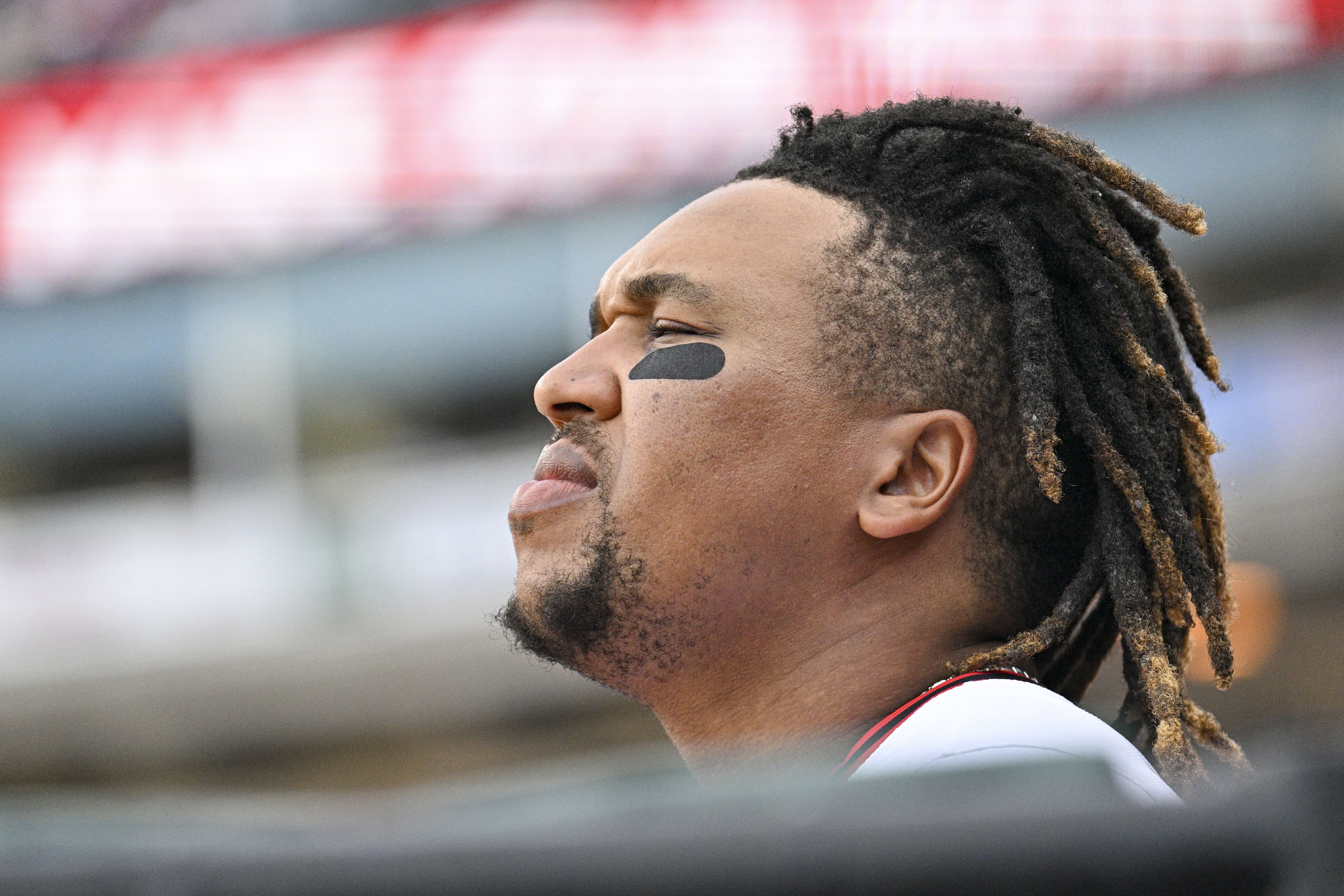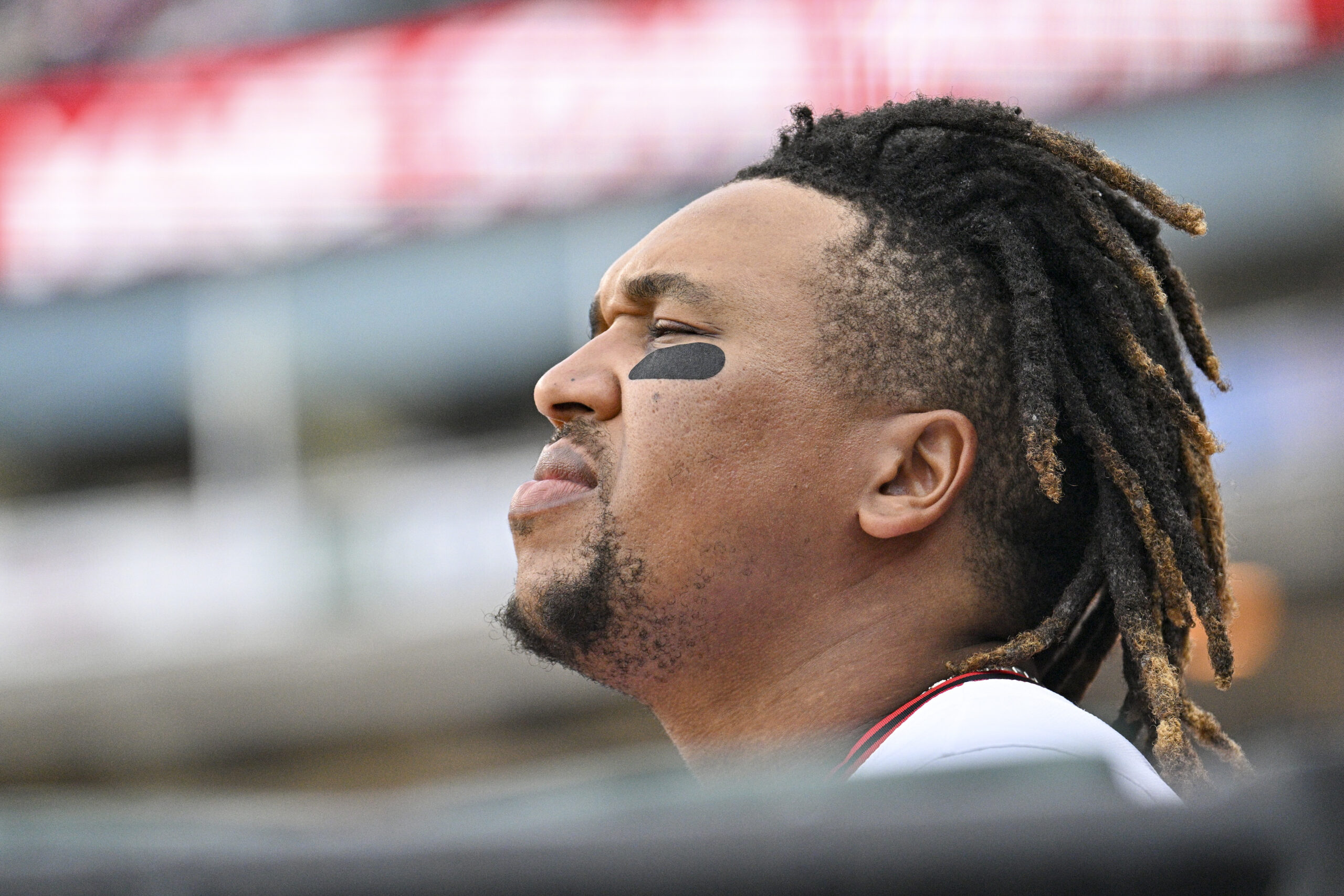The Guardians’ MVP and Manager of the Year Finalists: A Testament to Excellence or a System Rigged Against True Talent?
The recent announcement that Stephen Vogt has been named a finalist for Manager of the Year, alongside John Schneider of Toronto and Dan Wilson of Seattle, has sparked discussion reflecting broader themes in sports management, accountability, and the subjective nature of awards. This marks Vogt’s second consecutive season as a finalist; he won the award last year, which raises questions about the consistency of criteria used to judge managerial excellence.
In professional sports, awards can often serve as a benchmark for success or failure in a coach’s career. The selection process for such awards frequently engenders controversy, rooted in the subjective assessments made by voters who may prioritize different attributes of coaching. Critics argue that this focus on individual accolades can overshadow the team dynamics and collective efforts that truly contribute to a team’s success. Vogt’s recognition is an interesting case; while he is indeed a talented manager who has guided the Guardians to notable performances, one must wonder if his reputation rose above the collective struggles or triumphs of the team as a whole.
On a parallel note, José Ramírez’s recognition as an MVP finalist alongside Cal Raleigh and Aaron Judge continues a narrative of excellence in his career. This being his fourth time as a finalist and sixth in the top five is not just an impressive statistic; it signifies his sustained prominence in a league filled with talent. Ramírez’s accolades might draw comparisons to Hall of Fame legends, echoing discussions about the evolution of what it means to be an elite third baseman in today’s game. His continued excellence is commendable; however, one must ponder the implications of such repeated recognitions. Does this dilute the significance of being named MVP?
The debate over Ramírez’s MVP candidacy also invites scrutiny into the criteria and biases inherent in the voting process. Much like Vogt’s managerial recognition, MVP awards can sometimes reflect a popularity contest rather than an accurate assessment of value. The presence of big names like Aaron Judge can create a perception of favoritism, inherently challenging the fairness of the MVP race. Is there an underlying bias that elevates certain players based on their marketability or previous accolades rather than performance metrics alone?
Furthermore, discussions surrounding Ramírez’s candidacy extend into a broader societal context where narratives are woven around success and failure, heavily influenced by media portrayal and public perception. Each finalist represents not just their individual achievements but also the stories of their respective teams, highlighting how much of professional sports is a reflection of cultural and economic dynamics.
In examining the Guardians as a whole, it’s essential to look at the historical context of the franchise. Known for producing exceptional talent and fostering competitive teams, the Guardians have been a significant player in MLB history. Their dedication to development and coaching structures has often yielded impressive results. Yet the team has also faced challenges, including shifts in management, ownership changes, and financial constraints that influence player acquisition and retention strategies.
Vogt’s ascent to managerial recognition is intrinsically linked to his tenure in this context. Has his leadership changed the culture within the Guardians, and how does that impact perceptions of success? The Guardians’ performance under his guidance has indeed highlighted both the tactical acumen and the emotional intelligence necessary to lead a diverse group of athletes.
However, as the franchise navigates the complexities of competitive sports today, there is increasing pressure to produce results in an environment fueled by both analytics and human emotion. This duality makes Vogt’s managerial accolades all the more divisive. Supporters argue that his recognition is well-deserved based on his innovative strategies and ability to inspire players, while detractors claim that it overlooks systemic challenges the team has faced.
Ramírez’s legacy as a third baseman is also deeply intertwined with the Guardians’ narrative. Being the most frequent MVP finalist in his position is an achievement that speaks volumes about his durability and skill. However, it prompts discussions about the shifting landscape of Major League Baseball, where the role of a third baseman has evolved, leading to rigorous expectations. His performance not only represents personal achievement but also symbolizes the changing dynamics of the league, where analytics and power metrics are reshaping the evaluation of players.
As fans and analysts dissect these nominations, the underlying themes of recognition, meritocracy, and the subjective nature of awards bring to light a crucial question: are these accolades truly reflective of excellence, or do they rather underscore a system laden with biases and inconsistencies? In the realm of professional sports, where narratives are as important as statistics, the ramifications of these awards reach far beyond the players themselves, sparking debates that resonate throughout sports history.
Ultimately, while Vogt and Ramírez stand as symbols of excellence within the Guardians organization, their nominations serve as a larger mirror reflecting the complexities of modern sports recognition. Their journeys tap into wider conversations about fairness, equity, and the evolving standards of achievement, leaving fans and commentators alike to grapple with the inherent contradictions of a system designed to celebrate greatness while often falling short of doing so equitably.

Stephen Vogt was named a finalist for manager of the year, along with Toronto’s John Schneider, and Seattle’s Dan Wilson. It’s his second time in two seasons being a finalist after winning the award last season.
José Ramírez is yet again a finalist to win MVP, along with Cal Raleigh and Aaron Judge. It will be his fourth time as an MVP finalist and his sixth time in the top 5, which is the most for a third baseman all time. He continues to build on his hall of fame career.

